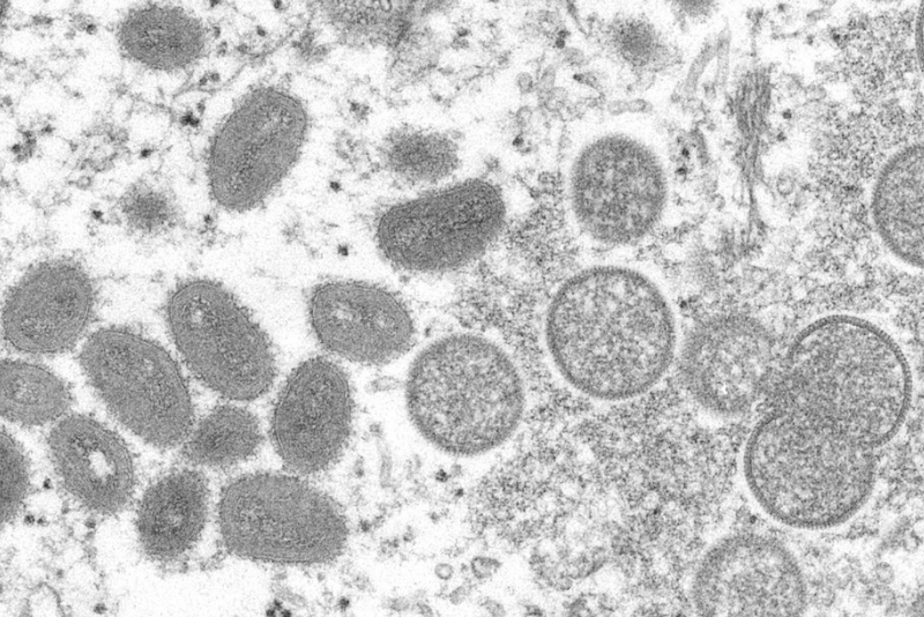Monkeypox confirmed in King County, but this isn't like Covid-19

For the last couple of years, Covid-19 had reigned as the dominant virus on everyone's minds.
But if you've been on social media, or followed the news lately, you've probably heard about monkeypox, a rare viral disease that's related to smallpox.
After identifying a presumptive case in its jurisdiction, Public Health - Seattle & King County confirmed a positive case of monkey pox Friday morning. The agency says there's "no evidence" that Monkeypox is spreading locally.
“Despite the news of multiple cases nationwide, monkeypox is a very rare disease in the United States and the Washington resident who tested positive does not pose a public health risk,” said state Secretary of Health Dr. Umair A. Shah.
King County's public health officer, Dr. Jeff Duchin, says it's unlikely there will be a large outbreak of monkeypox in King County, but added, "it is possible that there are additional cases in the community. Anyone with symptoms of monkeypox should consult a healthcare provider.”
After two years of Covid, it's pretty understandable that people are concerned about this latest viral disease.
Soundside host Libby Denkmann spoke to Dr. Peter Rabinowitz, professor of environmental and occupational health sciences, and director of the UW Center for One Health Research about the basics of monkeypox.





